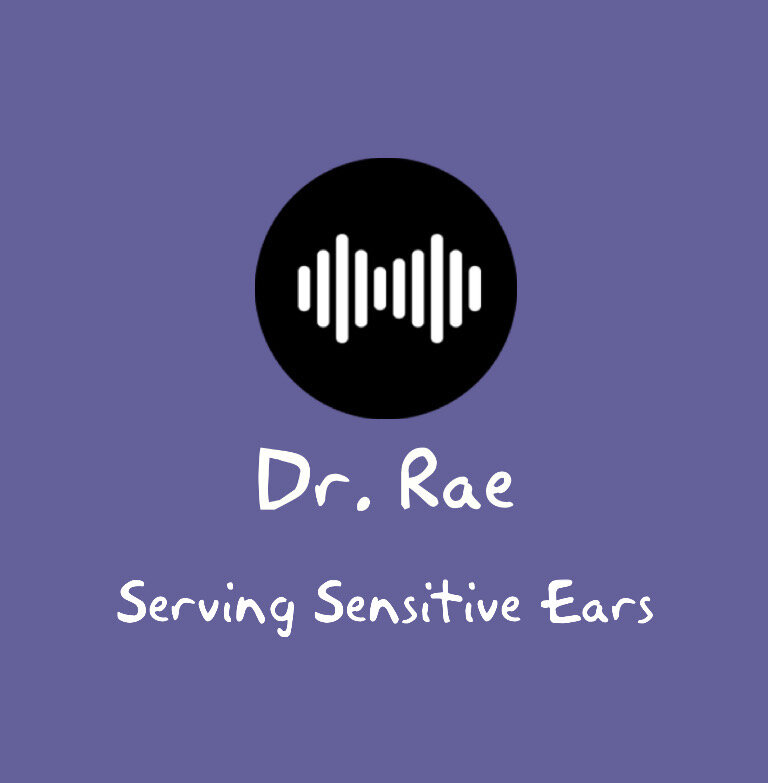Clinician Over Technician
Sometimes you have to disregard the test findings entirely. Be a clinician, not a technician. Standardization can fail. Sometimes it’s not just insufficient, it’s irrelevant.
There are things you can’t observe directly, where the tests don’t work at all. You might see debris on the bank and assume that’s the problem, when the real issue is upstream. The snowpack melted. That’s what caused the flood. Or there’s a bottleneck or constriction in the channel, causing turbulence and overflow. To really understand what’s happening, you need more than reported symptoms or test results. You need intuition. You may need to swim upstream.
In many cases, what gets labeled as a language disorder is actually language deprivation due to auditory deprivation. The child couldn’t clearly perceive language in the first place. Fix the hearing. Fix the perception. The downstream symptoms often ease on their own.
I’m not saying they won’t need therapy if you wait long enough. But if you intervene early, before the system reorganizes itself around the deprivation, you might prevent years of compensatory effort and trauma. You might save a child from struggling to learn a language they never fully heard.
That’s why I keep saying auditory processing disorder may not be a disorder in the way people think. It’s not singular. It’s not neatly divided into a few subtypes. Our definition and our diagnosis need serious rethinking.
Some speech-language pathologists want to throw out the APD label altogether. They say the tests are unreliable. That there’s no consistent follow-up. That it’s too messy. And they want to call it all language disorder instead.
But it isn’t just speech pathologists who believe that. It’s psychologists. It’s other audiologists. It’s teachers. It’s even parents who are trying to make sense of something that’s confusing and inconsistent, because we’ve let it become that way. We’ve allowed the diagnosis to erode instead of evolving it.
And because no one has treated it with clarity, we’ve ended up with a scattered mess. I’m not saying all auditory training doesn’t help. Some programs do. But there are quite a few out there that just don’t hold up to scientific rigor. And FM systems, while helpful in some cases, have huge limitations. They’re often promoted as a solution, but they’re still tethered to the teacher. They don’t give the child full access to the environment. They don’t build independence. They don’t address the root.
Because nobody has identified it well, defined it well, or treated it consistently with something useful, of course people are looking to pick up the pieces and move camp. They’re trying to rescue what they can from the wreckage. I get it. But that doesn’t mean the foundation wasn’t real. It means we failed to build on it.
You can’t treat auditory processing disorder as a language disorder. You can’t fix the source by treating the symptoms. All you can do is repair some of the damage it caused and try to stop more from happening. I’m not saying auditory closure can’t improve with better language skills. It can. But there’s a limit, when the signal is disordered, distorted, or just unavailable. You can’t learn what you can’t hear.
I have to disagree with throwing the baby out with the bathwater. We have to save auditory processing disorder within its own label, no matter how broken it is. Because building it from scratch will take years, and we’ll miss generations of children.
I have to disagree.
Just because auditory input isn’t being clearly processed doesn’t mean we should treat the downstream symptoms as the cause. You can’t fix the flood by sweeping up the debris. You have to go upstream. You have to clear the blockage.
https://suno.com/s/EKHuq7B81w5t3Rtj
